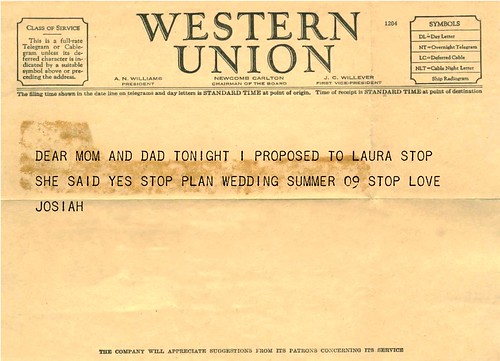Seabury Update
As I’m off-site, I get my Seabury news in dribs and drabs; yesterday I got an email message reporting unexpectedly upbeat news. As it turns out, Seabury will indeed offer classes to continuing students during the 2008-09 academic year. The present plan entails offering courses in Anglican history, theology, polity, and liturgy; congregational leadership; and the practice of ministry.
Seabury will still, apparently, need to reduce the size of the faculty — but students who are currently enrolled may be able to complete much of their program without major disruption.

